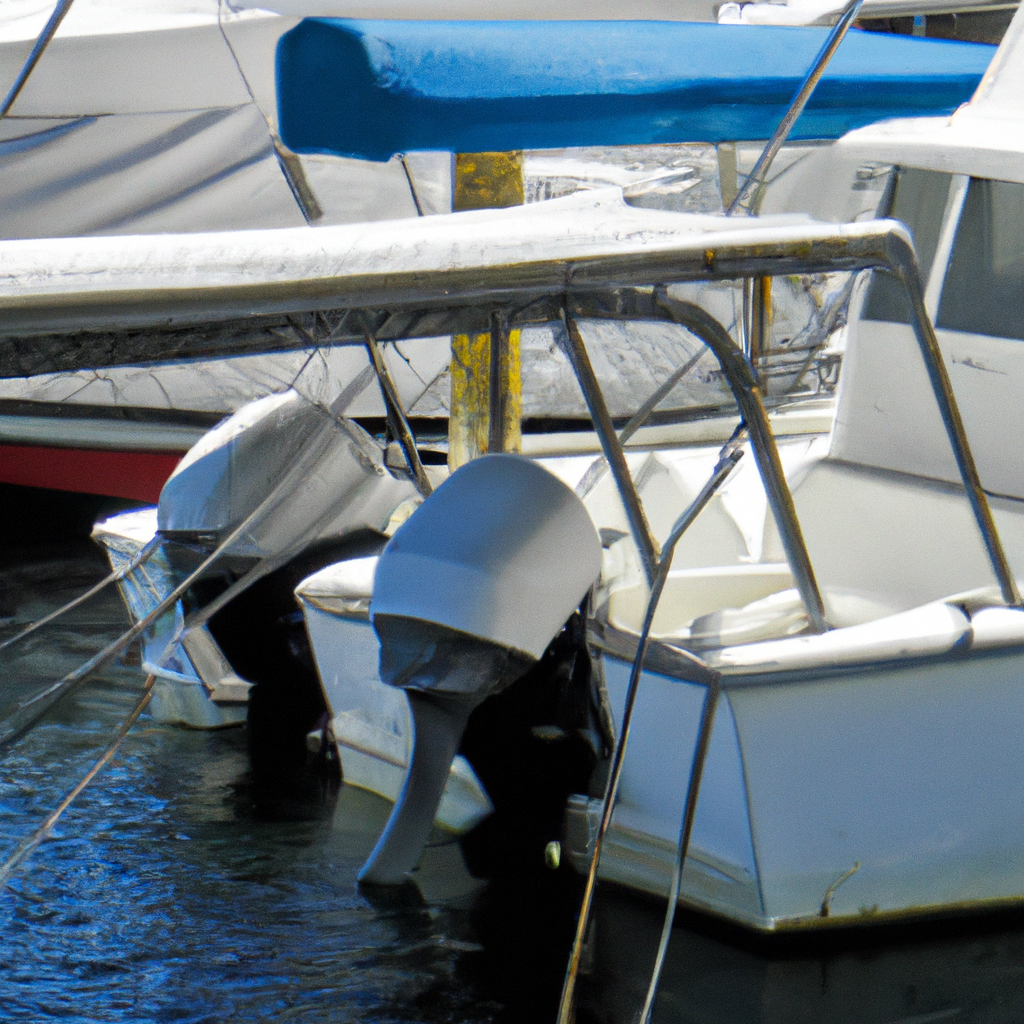Preparing for Adventure: The Ultimate Guide to Water Sports Equipment

Setting sail into the vastness of the ocean or simply enjoying a quiet day on the lake requires more than just a love of the water; it requires proper and safe equipment. Whether you are passionate about sailing, diving, kayaking, or any other nautical activity, being well-equipped can not only enhance your experience but can also be crucial to your safety. In this article, we will explore all the equipment needed for each nautical activity, from the essentials that every sailor, diver, or paddler should have, to the specific equipment for each activity. We will also discuss the mandatory safety equipment that you should never forget and the advanced accessories and tools that could be useful in your nautical adventures. So, whether you are an experienced sailor or a beginner eager to learn, this article will give you the information necessary to be well-equipped for your nautical activities.
- 1. "Sailing Essentials: Basic Equipment for Any Nautical Activity"
- 2. "Specific equipment according to nautical activity: from sailing to diving"
- 3. "Water safety: Mandatory safety equipment for nautical activities"
- 4. "Beyond the basics: Advanced accessories and tools for nautical activities"
1. "Sailing Essentials: Basic Equipment for Any Nautical Activity"
The equipment needed for any nautical activity can vary depending on the type of activity, but there are some essential items that are common across all activities. Firstly, it is always necessary to have a life jacket for each person on board, as it is the main safety tool in case of an incident on the water. In addition, it is essential to have a well-stocked and easily accessible first aid kit. Other essential tools include a compass or GPS for navigation, flashlights and flares for signaling in case of emergencies, as well as sufficient drinking water and food in case the trip takes longer than expected. It is also advisable to carry on board an anchor, a rope, a spare paddle, and some form of radio communication to stay in contact with shore. Each of these items is essential to ensure a safe and enjoyable nautical experience.
2. "Specific equipment according to nautical activity: from sailing to diving"
The required equipment can vary greatly depending on the nautical activity you are going to undertake. For example, for sailing, you would need a boat equipped with sails, a rudder and ropes, as well as life jackets, waterproof clothing and non-slip footwear. However, if you are planning to go scuba diving, the equipment changes drastically: you would need to include fins, a mask, a wetsuit, a regulator, an oxygen tank and a buoyancy control device. Additionally, it is highly recommended to bring a diving watch and a diving knife as safety equipment. Although these two activities are very different, in both cases it is essential to have emergency communication equipment. Therefore, it is crucial to do your research and make sure you have all the necessary equipment before embarking on any nautical activity.
3. "Water safety: Mandatory safety equipment for nautical activities"
Safety on the water is paramount in any nautical activity. There is a series of mandatory safety equipment that all sailors must have on board to prevent and manage dangerous situations. Among the essential safety items are life jackets, which must be available for each passenger and be appropriate for their size and weight. Another item that cannot be missing is a first aid kit with basic medicines, gauze and antiseptics. In addition, it is essential to have visible and audible distress signals, such as flares and whistles. An anchor is also recommended to keep the boat stable in case of a breakdown and a fire extinguisher in case of fire. Finally, if the nautical activity is carried out in the open sea, a marine VHF radio is required to communicate with the coast guard or other vessels.
4. "Beyond the basics: Advanced accessories and tools for nautical activities"
Beyond basic safety and navigation equipment, there are a number of advanced accessories and tools that can greatly enhance your boating experience. For those who engage in fishing, for example, equipment such as fishing sonars, advanced GPS, and high-tech fishing rods can be of great help. Sailing enthusiasts can benefit from additional tools such as anemometers to measure wind speed, rangefinders to calculate distances in the water, and autopilots to make navigation easier. Divers, meanwhile, can invest in closed-circuit scuba equipment, high-resolution underwater cameras, and state-of-the-art diving suits. Each of these advanced tools and accessories are designed to make your boating activities safer, more efficient, and more enjoyable.
